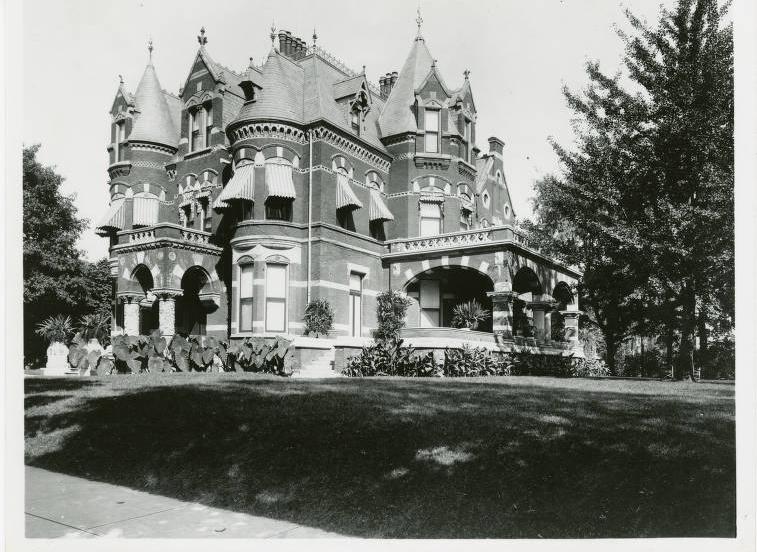(Jan. 25, 1857-Dec. 19, 1911). Born of immigrant parents on a farm near Liberty, Clay County, Missouri, McGowan became a mule tender for the local street railway company in Kansas City in 1876 before returning home because of illness. Around 1880, he joined the Kansas City police force, eventually serving as acting captain before becoming marshal of Jackson County. In 1890, he became an agent for the Barber Asphalt Company in Kansas City. Philadelphia financiers Randall Morgan and George Widener and their associates noticed McGowan’s work, and, at their request, he reorganized and consolidated the gas utilities in Kansas City, saving their investments.

Acquaintances of Morgan and Widener, bondholders of Indianapolis’ troubled Citizens Street Railroad Company brought McGowan to Indianapolis to save their own investments. He organized the Indianapolis Street Railway Company, which bought Citizens, and was credited with major improvements in service.
Hoping to build a strong, efficient system of electric railways, McGowan established the Indianapolis Traction and Terminal Company in 1902, which leased the assets of the Indianapolis Street Railway Company and built the (1904) as a convenient interchange for railways. Aided by W. Kelsey Schoepf of Cincinnati, he worked to consolidate small interurban companies into a larger system, founding the Union Traction Company of Indiana (1902), the Fort Wayne and Wabash Valley Traction Company (1904), the Terre Haute, Indianapolis & Eastern Traction Company (1907), and several interurbans in Ohio.
The interurbans were never as profitable as he had hoped, but because of diversified holdings, largely in utilities, he left a large fortune to his wife, Kate F. McGowan. During his life, McGowan contributed to the , the YMCA, and the , and he provided charitable contributions to numerous local families. He is buried in Holy Cross Cemetery.

Help improve this entry
Contribute information, offer corrections, suggest images.
You can also recommend new entries related to this topic.